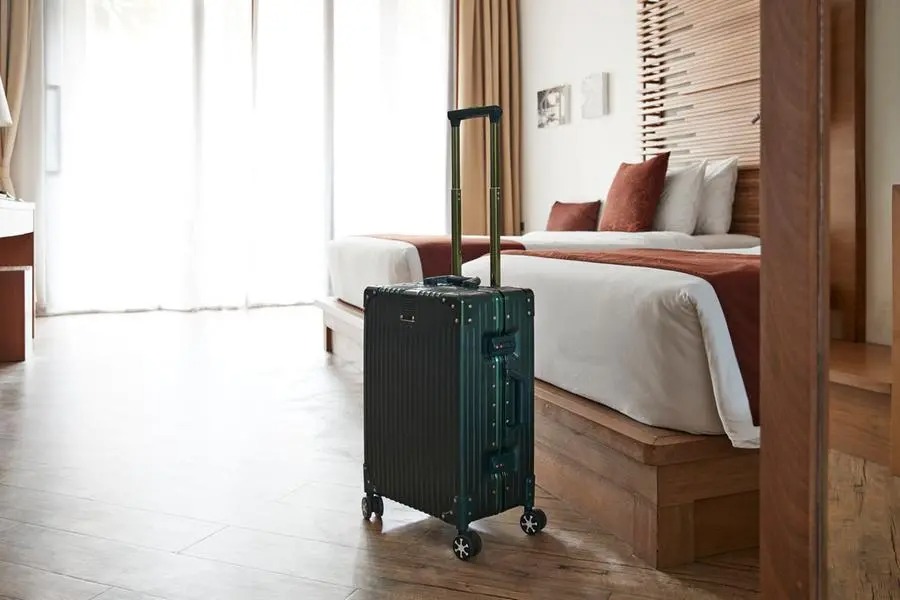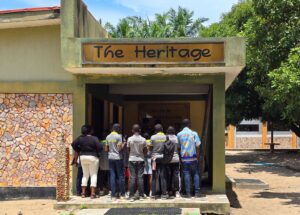Africa’s hospitality industry is undergoing a seismic shift in 2025 as it embraces sustainability, technology, and cultural authenticity. From Morocco to Mauritius and Nigeria to South Africa, the continent is redefining what it means to host global travelers. Driven by changing consumer behaviors, post-pandemic recovery, and a demand for meaningful experiences, the industry is now centered around five defining trends that offer both opportunities and imperatives.
First, there is a growing demand for immersive cultural experiences. International visitors, particularly from Europe and the African diaspora, are seeking authenticity over luxury. This includes culinary tourism, traditional crafts, historical tours, and community-driven tourism offerings. Properties that highlight African heritage, local storytelling, and traditional aesthetics are gaining popularity over generic hotel chains.
Second, sustainability has moved from buzzword to business imperative. Eco-lodges, energy-efficient buildings, plastic-free operations, and responsible sourcing are no longer optional. Tourists are increasingly choosing brands that demonstrate environmental responsibility. For African resorts, this is an opportunity to leverage the continent’s natural beauty and biodiversity in a way that protects the environment while attracting conscious travelers.
Third, the adoption of technology has accelerated. Digital concierge services, mobile bookings, smart room controls, and AI-powered personalization are improving guest experiences and operational efficiency. In countries like Kenya and Nigeria, where mobile penetration is high, hospitality players are tapping into fintech integrations and customer loyalty apps to drive repeat engagement.
Fourth, intra-Africa tourism is expanding. With the implementation of the African Continental Free Trade Area (AfCFTA), travel between African countries is becoming easier and more cost-effective. This opens up regional opportunities for pan-African hotel brands and lifestyle ventures. Fortis Lifestyle & Hospitality, with its vision of building a lifestyle empire across Africa, is well-positioned to capitalize on this.
Fifth, wellness and lifestyle tourism is exploding. More Africans are investing in wellness, not just as a health need but as a lifestyle statement. Resorts that offer fitness programs, nature therapy, healthy dining, and relaxation experiences are thriving. This shift is especially prominent among urban millennials and affluent Gen Z populations.
In 2025, the African hospitality industry is not just rebounding—it is reinventing itself. With the right strategies, homegrown brands can compete globally by offering uniquely African experiences enhanced by global standards. As travelers look for connection, meaning, and authenticity, Africa’s hospitality brands must lead with purpose, creativity, and cultural pride.





